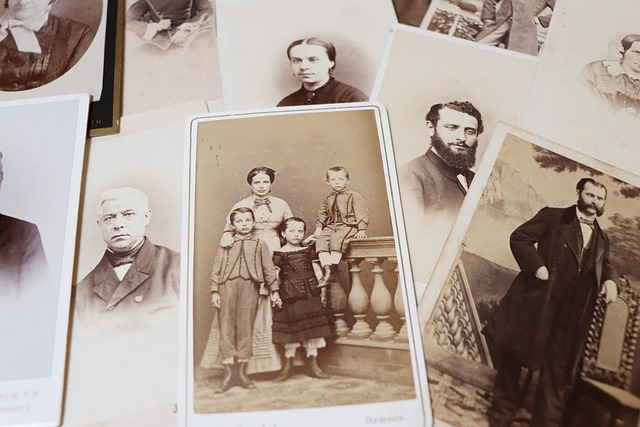
Rain Man
Introduction
"Rain Man," directed by Barry Levinson and released in 1988, stands as a significant film in American cinema, not only for its storytelling but also for its portrayal of individuals with intellectual disabilities. The film features Dustin Hoffman as Raymond Babbitt, an autistic savant, and Tom Cruise as his estranged brother, Charlie Babbitt. This article delves into the film's narrative, character development, and its broader implications regarding societal perceptions of autism and savant syndrome.
Plot Overview
The narrative of "Rain Man" unfolds as Charlie Babbitt, a self-centered car dealer, discovers that his estranged father has passed away, leaving behind a substantial inheritance. However, he learns that the money has been bequeathed to Raymond, his older brother, who resides in a mental institution. Charlie's initial motivation is financial gain, prompting him to take Raymond on a cross-country journey to gain control of the inheritance.
Character Dynamics
The relationship between Charlie and Raymond serves as the film's emotional core. Initially, Charlie views Raymond merely as a means to an end, but as the journey progresses, he begins to appreciate Raymond's unique abilities and the depth of his character. Raymond's savant skills, particularly his extraordinary memory and mathematical prowess, challenge Charlie's preconceived notions about intelligence and capability.
Raymond Babbitt
Raymond, portrayed by Hoffman, is characterized by his remarkable abilities juxtaposed with significant social challenges. His capacity to perform complex calculations and recall vast amounts of information positions him as a figure of fascination. However, the film does not shy away from depicting the struggles faced by individuals with autism, highlighting the isolation and misunderstanding they often endure.
Charlie Babbitt
Charlie, played by Cruise, undergoes a transformation throughout the film. Initially depicted as a ruthless businessman, his character arc reveals a more compassionate side as he learns to empathize with Raymond. This evolution is crucial, as it underscores the film's message about the importance of understanding and acceptance.
Cultural Impact and Reception
"Rain Man" received critical acclaim, winning four Academy Awards, including Best Picture and Best Actor for Hoffman. The film's success can be attributed to its authentic portrayal of autism and the savant syndrome, which was relatively underrepresented in mainstream media at the time. The film's depiction of Raymond's abilities sparked discussions about the capabilities of individuals with intellectual disabilities, challenging stereotypes and promoting awareness.
Real-Life Inspirations
The character of Raymond Babbitt was inspired by real individuals, notably Kim Peek and Bill Sackter. Peek, who had savant syndrome, was known for his exceptional memory and ability to recall vast amounts of information. His life experiences contributed to the authenticity of Raymond's character, providing a nuanced understanding of the challenges faced by those with similar conditions.
Conclusion
"Rain Man" remains a pivotal film that not only entertains but also educates audiences about autism and the complexities of human relationships. Through the lens of Charlie and Raymond's journey, the film encourages viewers to reconsider their perceptions of intelligence and the value of empathy. As society continues to evolve in its understanding of neurodiversity, "Rain Man" serves as a reminder of the importance of compassion and acceptance in our interactions with others.

















 Unleashing the Femme Fatales: The Scariest Female Villains in Horror
Unleashing the Femme Fatales: The Scariest Female Villains in Horror 
 Health
Health  Fitness
Fitness  Lifestyle
Lifestyle  Tech
Tech  Travel
Travel  Food
Food  Education
Education  Parenting
Parenting  Career & Work
Career & Work  Hobbies
Hobbies  Wellness
Wellness  Beauty
Beauty  Cars
Cars  Art
Art  Science
Science  Culture
Culture  Books
Books  Music
Music  Movies
Movies  Gaming
Gaming  Sports
Sports  Nature
Nature  Home & Garden
Home & Garden  Business & Finance
Business & Finance  Relationships
Relationships  Pets
Pets  Shopping
Shopping  Mindset & Inspiration
Mindset & Inspiration  Environment
Environment  Gadgets
Gadgets  Politics
Politics 